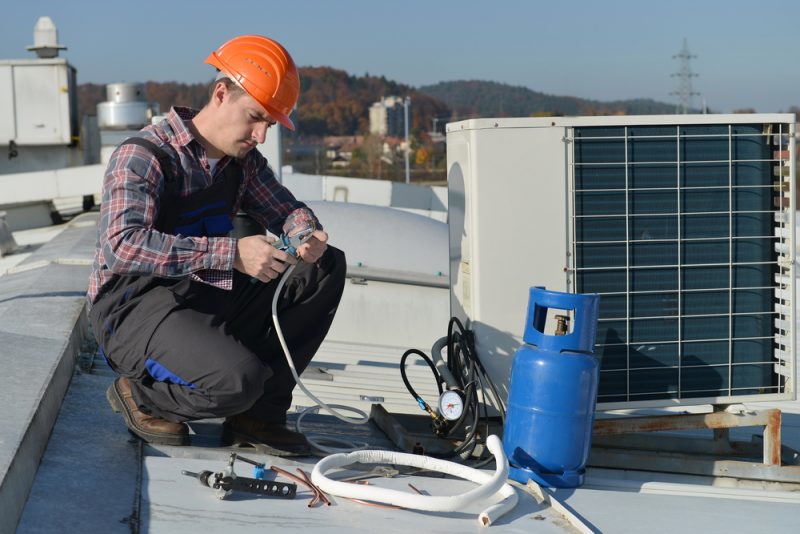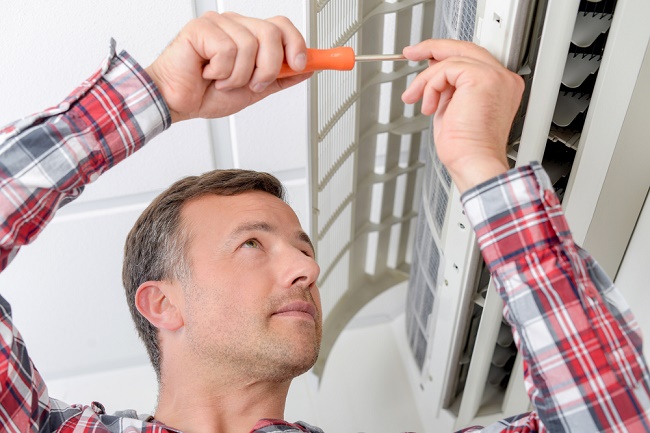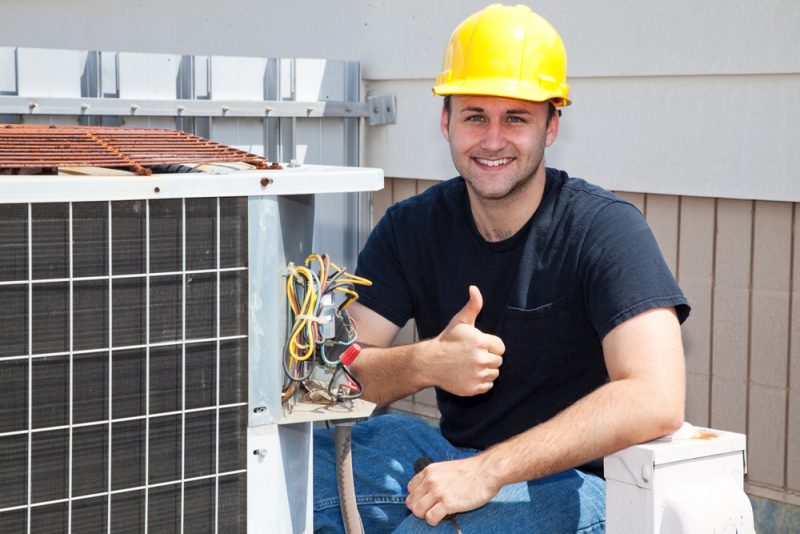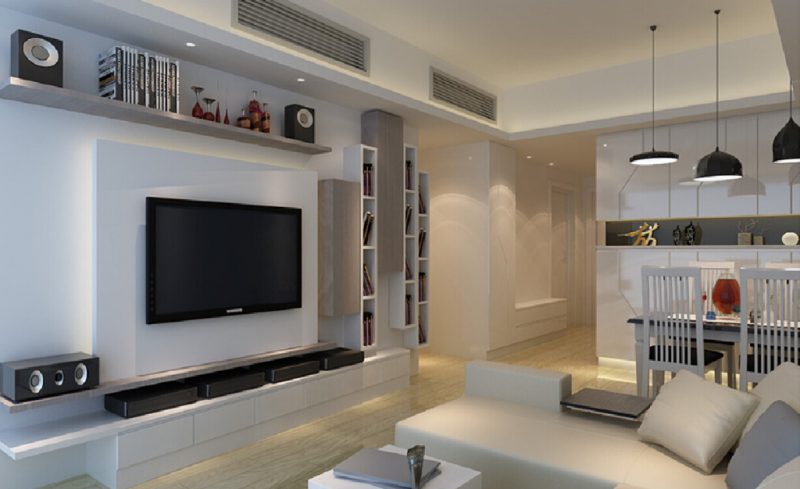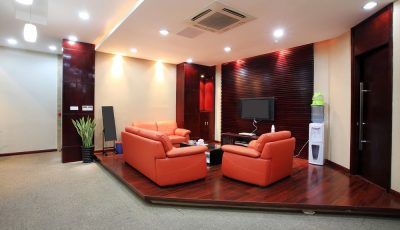7 Costly Mistakes to Avoid When Buying a New Air Conditioner
Whether your old air conditioner broke down or you’re looking to buy your first ever, you’re in for some complicated stuff.
As you’ll soon find out, choosing an AC is no easy task. As with any other any large domestic appliance, it’s more to it than looks, size, and power alone. You don’t want to rush into your decision given that you’ll have to live with it for 12 to 15 years. That’s why it’s important to know as much as possible about the do’s and don’ts of buying a new air conditioners for cheap prices.
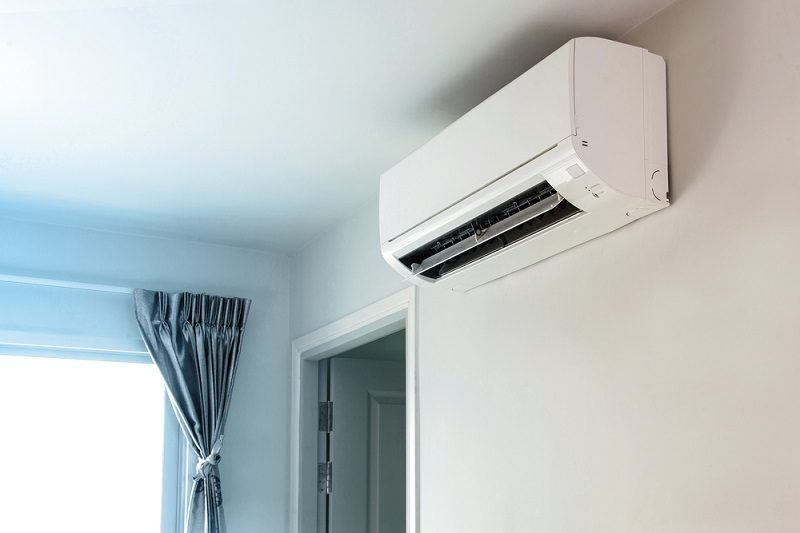
To make things easier for you, we’ve rounded up some of the common mistakes people make which put a dent in their pockets.
Buying the Wrong Size Unit
People tend to think that the bigger the unit, the more cooling power it has. It’s not that simple, though. An AC can be too big or too small for your house, leading to high utility bills, damaged equipment, and bad air quality or mold buildup.
A system that’s too big won’t reduce humidity or create uniform temperatures if it’s on and off cycles are too short. A small one, on the other hand, will have to work harder to cool the room.
A lot of factors can impact the efficiency of your AC unit, from your cooling needs to the size and age of your house. A professional could help you evaluate and estimate the appropriate size of unit that’ll fit your criteria.
Ignoring the SEER Rating
SEER (Seasonal Energy Efficiency Ratio) shows how much cooling a system puts out for each unit of energy it consumes. Shortly put, the higher this number is, the more efficient that system is.
The government minimum is 13; a 15 rating is good and 16 and beyond means that the system is highly efficient. Compared to the old 8 SEER rating units, these could cut your bills in half.
Not Paying Attention to the Refrigerant
The R-22 refrigerant was banned from all new units manufactured as of 2009 because it contributed to ozone depletion. Instead, look for R-410, which is a more environmentally-friendly alternative.
R-410 absorbs and releases more heat, helping the compressor to run cooler and reducing the risk of burnout due to overheating.
Looking for the Lowest Price
Not all of us have deep pockets, so we tend to look for deals that promise the sun and the moon. While there’s nothing wrong with shopping for the best deal, you need to make sure that you get all the details right. More often than not, a low price doesn’t equal the best quality.
If your unit will require constant maintenance or if it will break down after a few years, you’ll end up spending more than if you would have bought a high-quality AC from the beginning.
A higher efficiency unit could cost you an extra $800, but it could also reduce your energy bills with $300 per year.
Hiring an Unqualified Contractor
Hiring a contractor with low fees could leave you high and dry because of repairs and inefficient energy costs. Check the certifications (safety and specific building standards) and qualifications of the company you hire. It should have experience in the installation and maintenance of their products. A good company should also offer a home evaluation for the size of the unit. Don’t forget to look for reviews from past customers since they could prove very insightful.
Not Getting More Estimates
Some contractors may present you only a limited list of options (usually the products they are eager to sell) assuming that you hardly understand what they say and what your options are.
That’s why it’s best to get estimates from more than one contractor. Make sure you have them in writing and include a warranty, guaranteed of installation, timeframe details and terms for payment.
Missing Rebate Opportunities
There are a lot of new environment-related regulations for everything, including AC unit. To encourage people to choose high-efficiency cooling systems, some states and manufacturers offer rebates up to $1500 to offset costs of your new system. Talk with your contractor about your options.
These are only some of the mistakes homeowners make when they decide to buy a new AC. The main lesson to keep in mind is the following: you’ll pay the price in the long run if you purchase an air conditioner without doing your research first.


